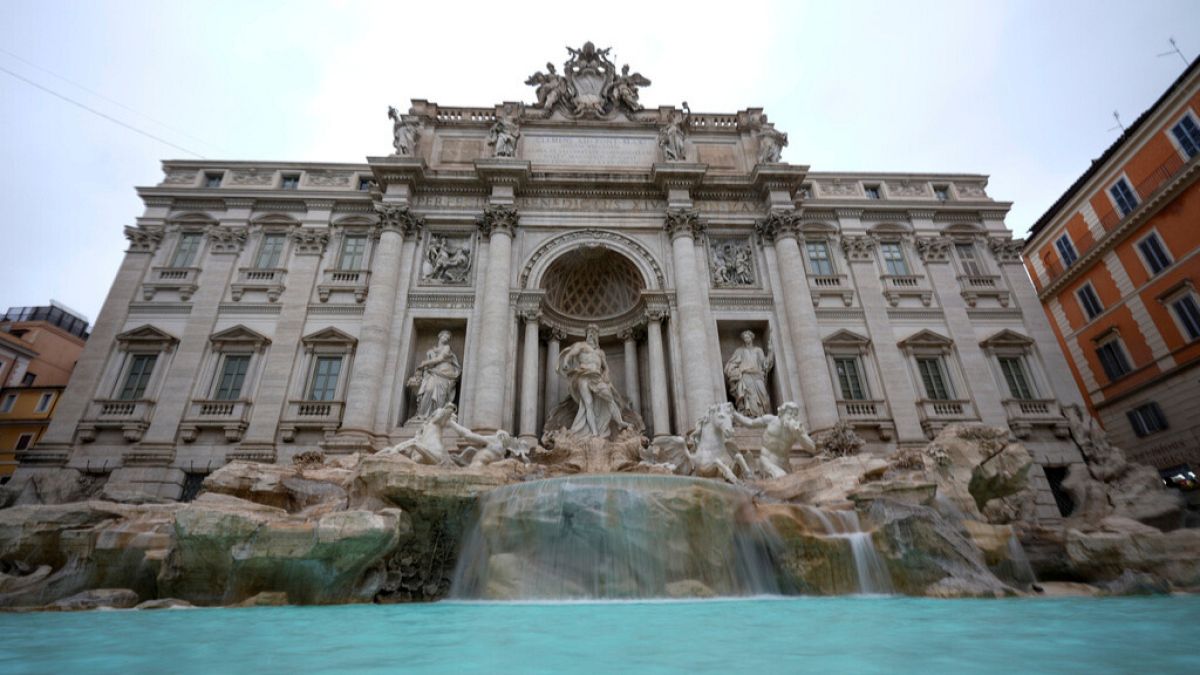Dutch prosecutor and police investigate Telegram’s lack of cooperation

The messaging app is barely responding to judicial requests to remove illegal content, the Dutch state secretary wrote to parliament.
The Dutch Public Prosecutor and police are investigating messaging app Telegram’s lack of cooperation over requests to remove illegal content, the Dutch state secretary for Justice said in a response to parliamentary questions.
“So far, the investigation by the Public Prosecution Service has shown that Telegram does not honour Notice and Action requests, which concern requests to remove various criminal material,” the letter said.
It added that the Public Prosecution Service is also investigating “whether and to what extent Telegram (now) cooperates with orders to make content inaccessible on the basis of judicial authorizations.”
In August, France arrested the app’s CEO Pavel Durov as part of an investigation into Telegram for allegedly not curbing offences such as fraud, drug trafficking, organised crime and promotion of terrorism on the platform.
Telegram, which claims to have 41 million monthly average users in the EU, is mired in trouble with governments worldwide, making a name for itself for spreading disinformation and enabling extremism.
The Dutch ministry is looking into the different ways that authorities can take action on the removal of illegal content, including via the Public Prosecutor, Data Protection Authority and the Consumer and Markets Authority (ACM).
“The investigation covers a wide range of suspected criminal offences, such as online drug and weapons trade, terrorism and online child sexual abuse material. Depending on how the Public Prosecution Service assesses the results of the investigation, follow-up actions will be considered,” the state secretary said.
Scope of DSA over Telegram unclear
Until the Digital Services Act (DSA) — EU platform regulation — entered into force in February, regulators other than law enforcement authorities had few tools to tackle illegal content on the platform.
However, the letter said that the scope of the DSA is “not entirely clear related to the various functions of Telegram”.
The DSA is meant to empower online users by requiring platforms to assess and mitigate their systemic risks and to provide content moderation tools. Among other things, businesses are obliged to produce transparency reports and to set up ad repositories.
“It is likely that the public chat groups on Telegram meet the definition of an online platform under the DSA, which means that part of the service will have to meet the applicable obligations. Closed (group) conversations do not fall under the definition of an online platform of the DSA, just as similar interpersonal communication services such as WhatsApp, Signal, and Facebook Messenger do not,” the letter said.
The Dutch implementing law for the DSA still needs to be approved in parliament, which means that the ACM, the likely national authority tasked with regulating the DSA, is not fully empowered yet.
The Netherlands is among six countries put on formal notice in July by the European Commission for failure to implement the DSA, by either failing to appoint a regulator or for not yet granting it the necessary powers.
Telegram chose Belgium as its legal representation in the EU in May, meaning that regulator BIPT is tasked with overseeing the platform’s compliance with the DSA – in areas such as transparency and content moderation – until it becomes a Very Large Online Platform: then the Commission takes over.
However, the Belgian law has also not been approved by parliament yet, meaning that it cannot yet be properly supervised.
Telegram has been contacted for a statement.
World News || Latest News || U.S. News
Source link



